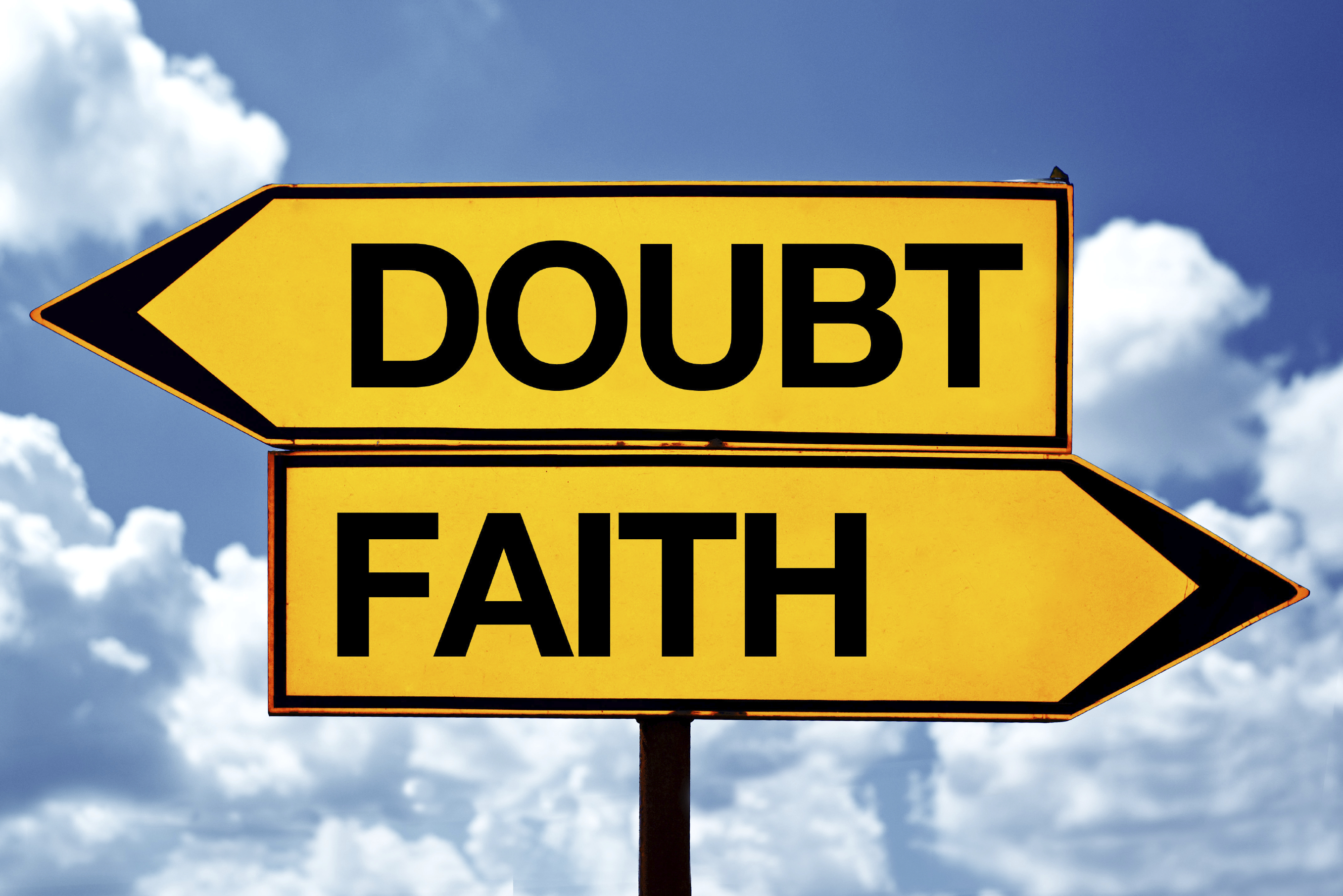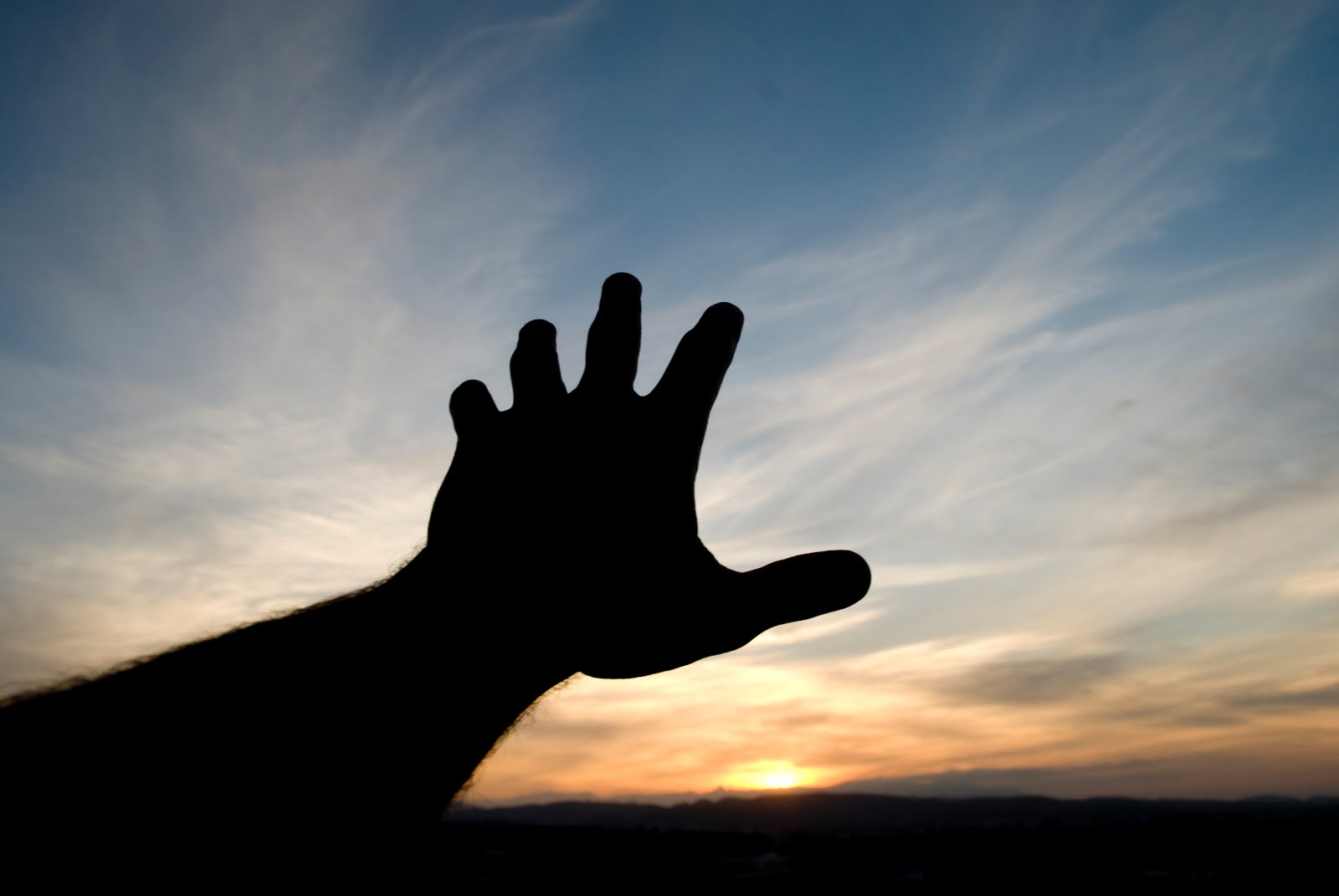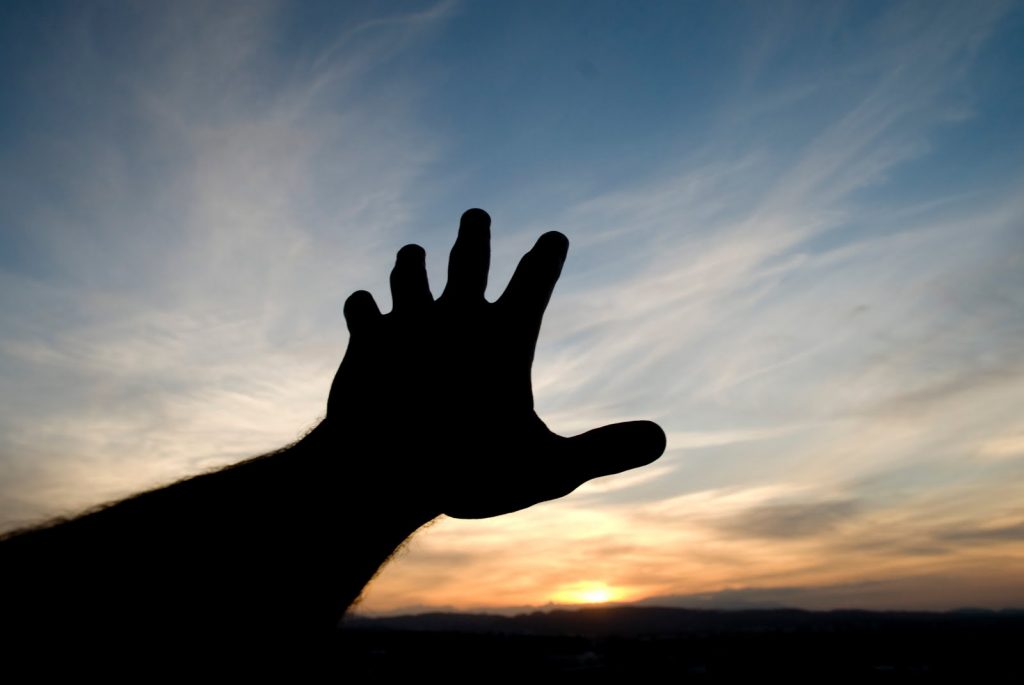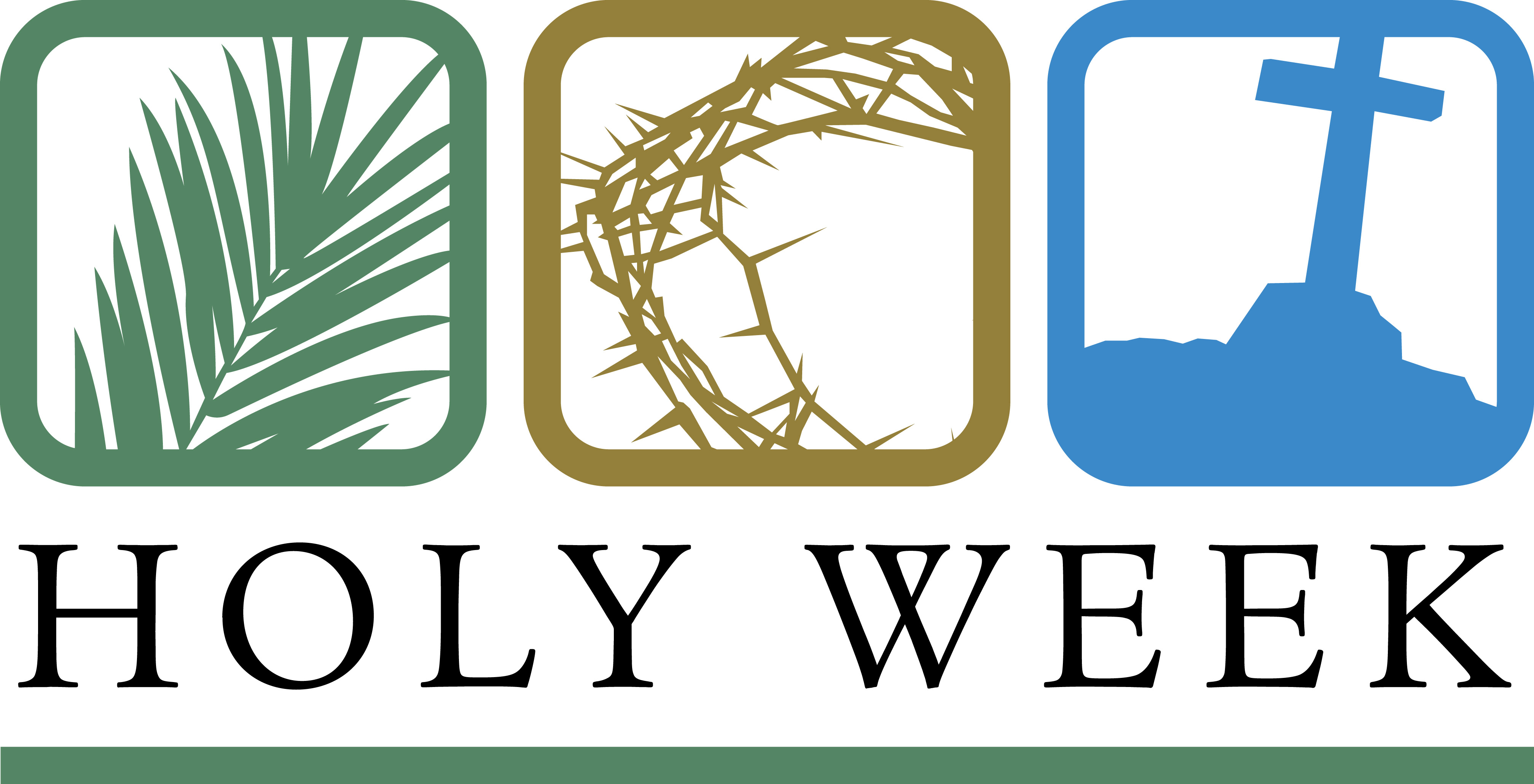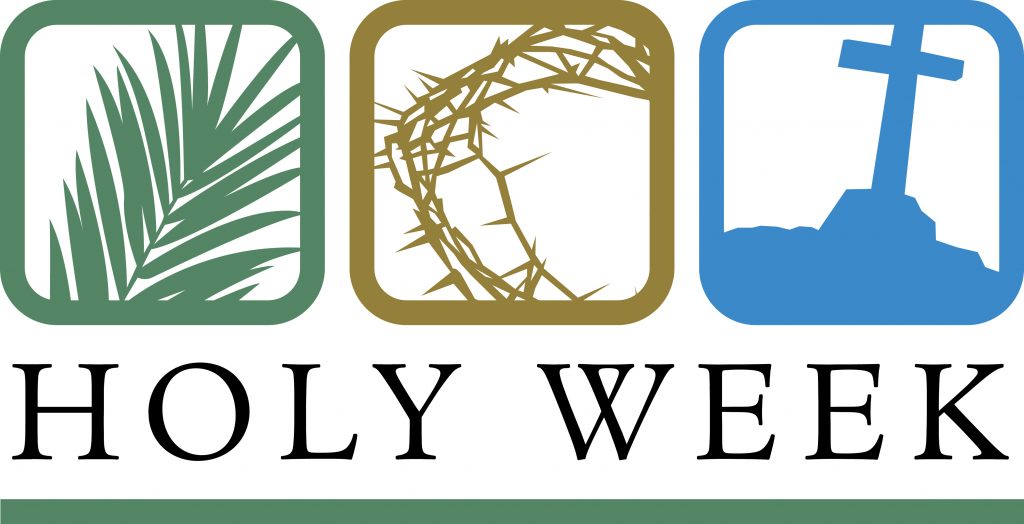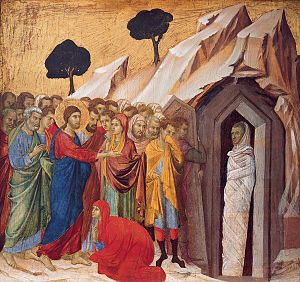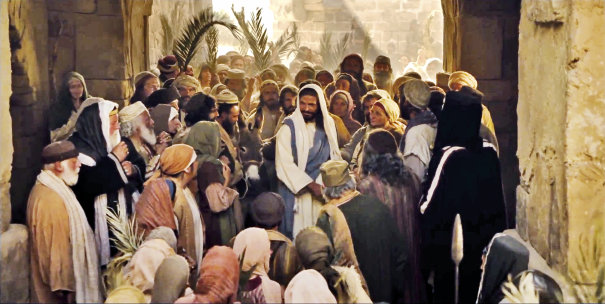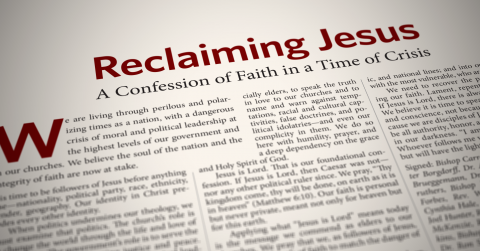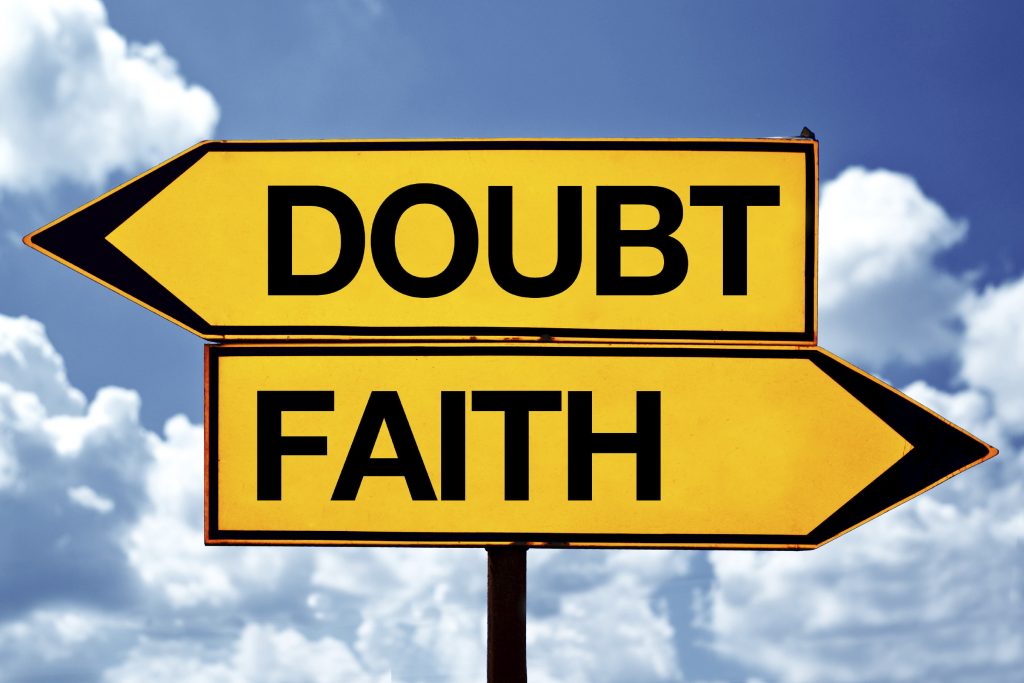
I always feel sorry for Thomas. I mean, the poor guy asked an honest question, and he raised some doubts, and he gets tagged with the name Doubting Thomas. This man of great faith brought the message of Jesus Christ to India, but he will always be remembered as the one who doubted that Jesus appeared. But Thomas you are not alone.
I have long been leery of Christians who seem to have it all together. They walk around smiling all the time as if their belief in Jesus has taken away all of their problems. What they are afraid to show people is that behind that smile they are filled with doubt and uncertainty. We have been brainwashed into thinking that when we “accept Jesus into our hearts” all of our doubts and problems will simply vanish. That when we are “washed in the blood” all the crap in our lives gets washed away. That just is not the truth, and I believe, it is doing tremendous harm to the Body of Christ.
When we have this belief, the struggle becomes worse, and we feel that if we speak of the struggle then somehow the “fix” did not happen. Somehow my faith is not strong enough, and I am weak. And more often than not they quietly fade away from the congregation because they are so filled with shame at their doubts they are afraid to ask for help.
So the solution is we have raised generations of fake Christians that walk around like the department store mannequins smiling all the time. We have to keep the façade that everything is okay because if we let a crack show, then the truth will be revealed. And that just cannot happen.
What this story of Thomas highlights is that we should ask questions and not just believe it because someone told you so. It is okay to have doubts, and it is okay not to understand. What’s not okay is to not seek those answers.
Not to a party pooper but even Jesus had doubts, yes, you heard me right, Jesus had doubts.
The night he was arrested, Jesus was in the garden praying. Scripture tells us that so profound were his prayers that drops of blood came from his forehead. There are few instances in Scripture that we see that human side of Jesus and this is one of them. Jesus knew what was about to happen and he was scared, and he had doubts about it all. He prayed that God would remove this “cup” this pain and agony that he was about to endure. But, in the end, he submits, just as Thomas does, to the will of God.
Doubts and skepticism are all a natural part of the faith journey, and I would argue an essential part of that journey. Part of the Christian walk is the struggle and to hide that is not be your genuine self. I struggle with my faith every day, and it is in the struggle the Dark Wood as Dante called it, where we come into contact with the Holy.
If I had to point to one thing, and only one thing, that is wrong with the modern church is that we are not authentically who we are supposed to be. Those of us who attend church on a regular basis sit in the seat every week, and we hide. We hide what is honestly going on in our lives and the struggle that we have.
Each week, during the congregational prayer time, I ask if there are any prayer requests from the congregation. Sometimes we hear the request for payers for so and so with health issues or traveling mercies for this one. But, we never get the request from someone, including myself, for help with the struggle.
My friends the struggle is real, and we must face the fact that the struggle is real. The journey is not easy, and there is no quick fix to problems and doubt. Jesus left us an example of prayer and fasting as well as work to alleviate the suffering of others. It is through authentically being yourself and working on our doubts and fears, which makes the journey a little more comfortable. Part of that walk is an understanding of humility, and through humility, we can be like Thomas and have doubts and have fears. God does not call the equipped; God equips the called.

